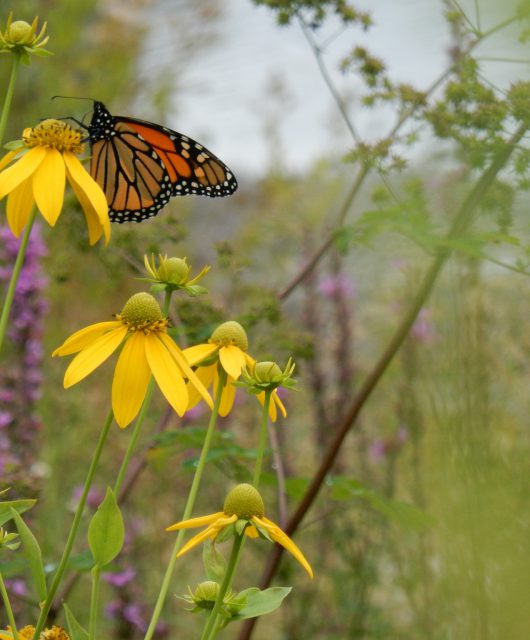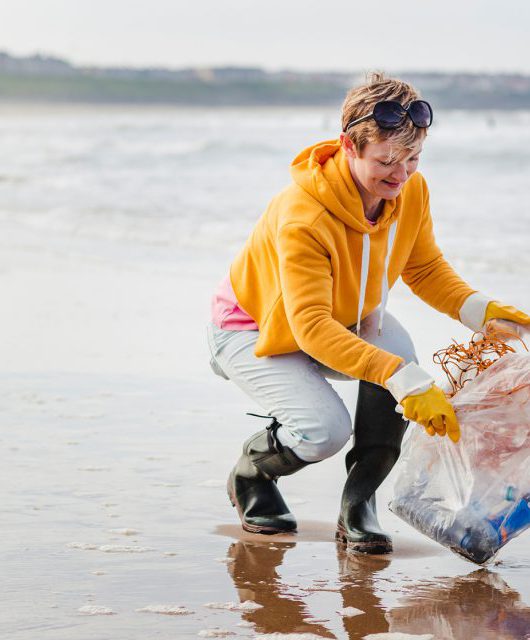Concerned citizens are calling for an immediate ban on bee-killing neonic pesticides in Canada.
Ottawa concluded consultations on the latest neonic risk assessments on Tuesday, November 13, 2018.
Experts Agree
On this issue, the Canadian Wildlife Federation joined with 13 conservation, environmental health and advocacy groups, including the Ontario Beekeepers’ Association. Together we called on the federal government to end the use of neonicotinoid insecticides in Canada without further delay.
While the groups support the federal government’s proposed ban on neonics, they urge the government to accelerate the timeline to protect pollinators, aquatic insects and other beneficial species. An urgent ban is needed to prevent endangerment of the environment.
Since 2013, more than 460,000 people in Canada have participated in various campaigns to ban neonics, signing petitions and writing letters to the federal government in support of a timely ban. Over the last few months, CWF supporters added over 83,000 to this growing list of concerned citizens by supporting our five-step plan to not just ban neonics, but also work with farmers and policy-makers and help the environment recover from the devastating effects of these pesticides.
The Risks are Unacceptable
This week, Canada’s Pest Management Regulatory Agency (PMRA) concluded public consultations on proposals to phase out the neonics clothianidin and thiamethoxam in three to five years. In 2016, the PMRA proposed to phase out a third neonic, imidacloprid — a decision that has yet to be finalized. The results? The risks from most uses of neonics are unacceptable.
The proposed slow-motion phase-out of the main neonics would allow their use to continue until 2023 or beyond, even though environmental risks have been shown to be unacceptable. This unjustifiable delay will lead to further widespread and preventable ecological damage and is contrary to the pesticides law Health Canada is bound to uphold.
In contrast, the European Union’s new comprehensive ban will enter into effect in December 2018, just seven months after member states approved regulations. In France, a full ban on neonics has been in place since September 1, 2018.
“The science on neonicotinoids is in. Banning neonicotinoids is the only option if we are to avoid long-lasting serious impacts on the very ecosystems that support farming in Canada. ”
Carolyn Callaghan, Canadian Wildlife Federation
CWF’s five step plan includes:
- Calling for a ban on the use of neonics
- Recovering affected species
- Encouraging research and development of safer pest control technologies
- Supporting farmers in transitioning to alternatives
- Advocating for reform to how government protects our food supply
For more information, visit BanWithAPlan.org


